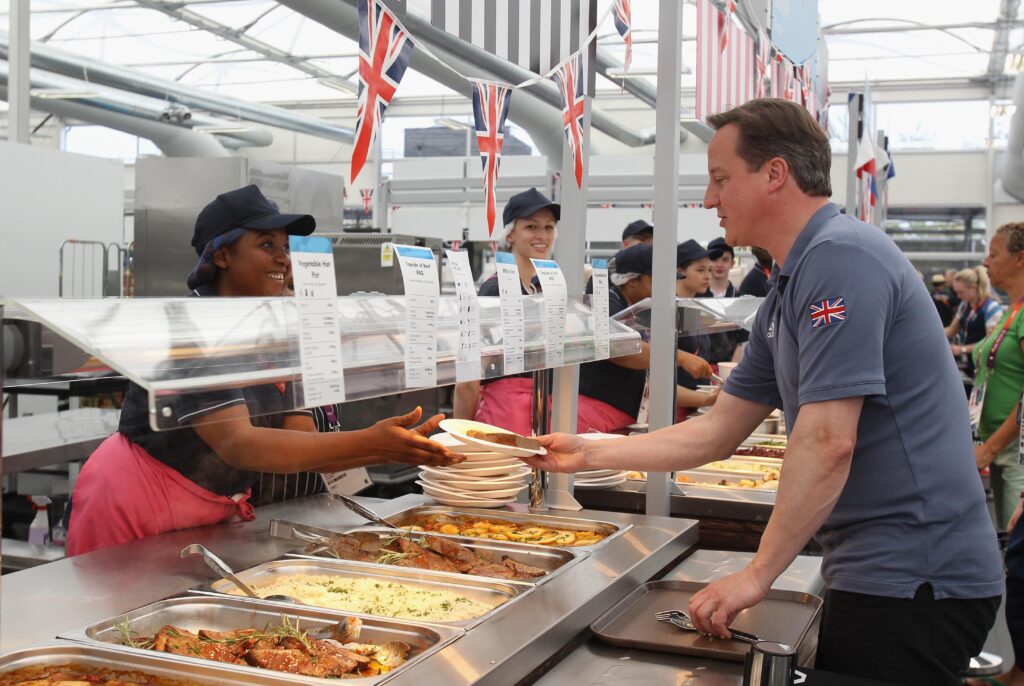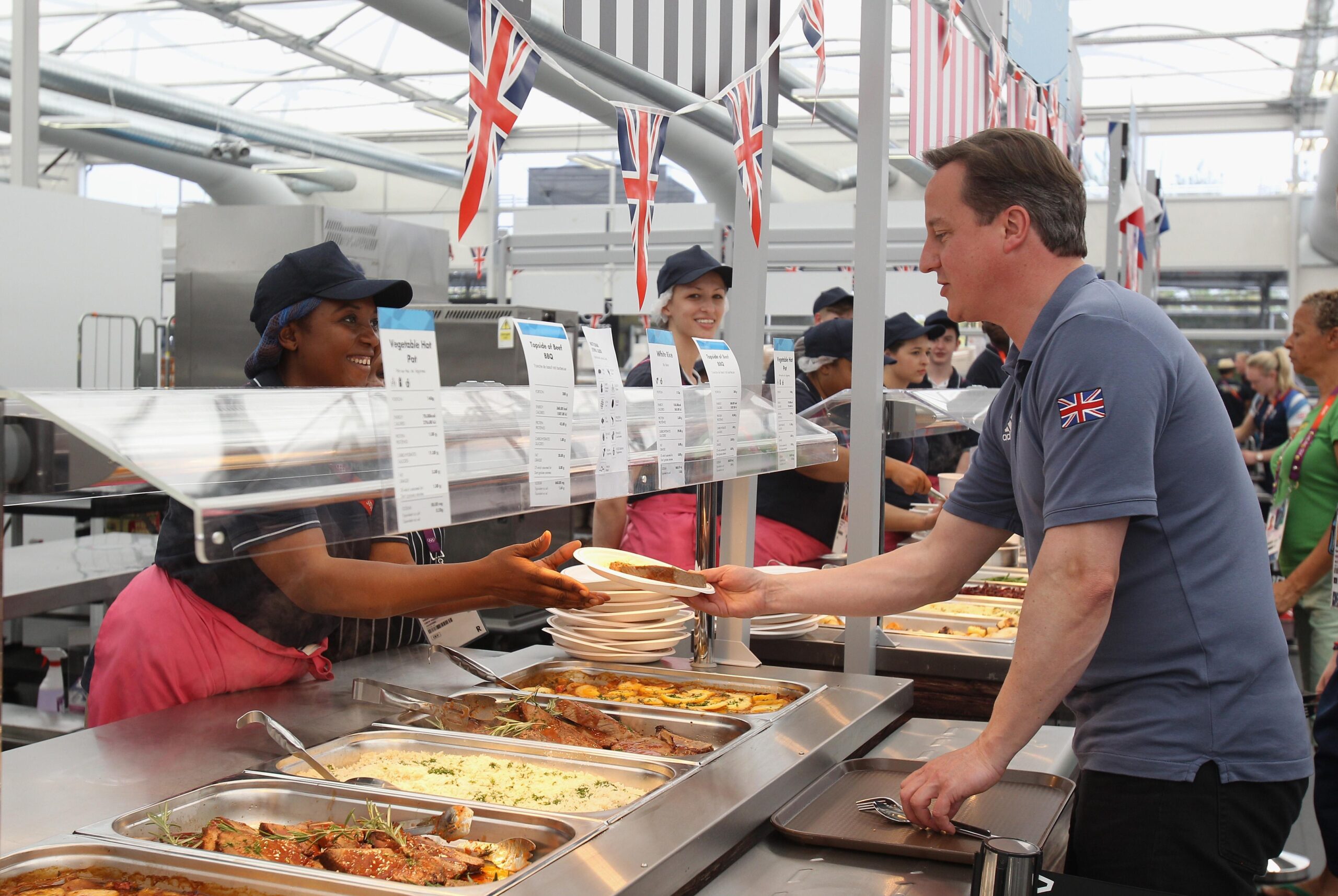As the world gears up for the Paris 2024 Olympic Games, a significant hiccup has emerged in the athlete’s preparations. Reports of a food shortage within the Olympic Village have surfaced, prompting complaints from athletes who are expressing their concerns not just about their nutritional needs but also about the implications of such shortages during a major global event.
So, let’s dive into the specifics, examine the complaints, and explore what this could mean for the athletes and the upcoming games.
Understanding the Food Shortage in the Olympic Village
The Olympic Village is expected to be a haven of support for athletes from all over the world, providing not only a secure place to rest but also the nourishment needed to fuel their bodies during the intense competition.
Unfortunately, this year, various factors have contributed to unexpected food shortages, leading to concerns that could impact performance. Picture this: elite athletes accustomed to well-planned diets are suddenly finding their meals short on variety and, worse, quality.
Causes of the Food Shortage
What’s behind this food gap? Well, there are a couple of key reasons. First off, supply chain disruptions have been lingering issues stemming from the pandemic’s ripple effects, causing delays and shortages across multiple sectors, including food.
Secondly, the local economy in Paris is facing challenges that make it difficult to source the necessary quantities of food on short notice. It’s kind of like trying to fill a swimming pool with a garden hose—by the time you get the water flowing, you realize it’s just not going to be enough.
Athlete Reactions
Voices from the athletes have echoed concerns over this shortage. Many have taken to social media platforms to vent their frustrations, emphasizing that nutrition plays a pivotal role in their performance. Imagine gearing up for the biggest competition of your life only to be served bland, insufficient meals.

It’s like trying to run a race on empty—disappointing, to say the least. Athletes are not just asking for food to sustain them; they want meals that support their rigorous training needs and preferences.
Plans to Address the Food Shortage
With these complaints rapidly coming to the forefront, organizers are scrambling for solutions. They’re exploring local partnerships to provide a supply of food that caters to the diverse dietary requirements of the athletes, including allergens and cultural preferences.
There’s a strong push for transparency in the supply chain, ensuring that food is freshly sourced and adequately prepared.
Think of it as a banquet where every dish represents different countries’ cuisines, served with a hearty side of reliability.
Potential Impact on Athletes’ Performance
The stakes are undeniably high. If athletes don’t receive adequate nutrition, performance can suffer, turning the dream of Olympic gold into a potential nightmare. Nutrition isn’t just about filling the stomach; it’s about fueling athletes’ bodies for peak performance.
Without proper sustenance, fatigue, injuries, and underperformance can become genuine threats. Just like a car that runs out of gas, an athlete without proper fuel may stall just as they’re gaining speed.
Conclusion
As we look ahead to the Paris 2024 Games, it’s crucial that these issues surrounding food shortages are resolved swiftly.
The athletes devote years of hard work to this moment, and they deserve to focus on their sport without the added burden of worrying about their meals.
If organizers can rectify the food supply chain issues and restore confidence in their meal provisions, we might just witness some incredible performances as the athletes strive for their dreams under the Paris skyline.
FAQs
1. What are the main reasons for the food shortage in the Olympic Village?
The food shortages are primarily due to supply chain disruptions related to the pandemic and challenges within the local economy in Paris, affecting food availability.
2. How are athletes responding to the food shortages?
Many athletes have expressed their frustrations on social media, emphasizing the importance of proper nutrition for optimal performance in their competitions.
3. What steps are being taken to resolve the food shortage?
Organizers are seeking local partnerships to ensure a steady supply of food that meets the athletes’ diverse dietary needs, prioritizing freshness and quality.
4. How could food shortages affect athlete performance at the Olympic Games?
Inadequate nutrition can lead to feelings of fatigue and may increase the risk of injuries, negatively impacting athletes’ performance during the games.
5. What is the importance of nutrition for athletes?
Nutrition is crucial for athletes as it fuels their bodies, supports recovery, and enhances performance, allowing them to focus on their sport without physical limitations.

